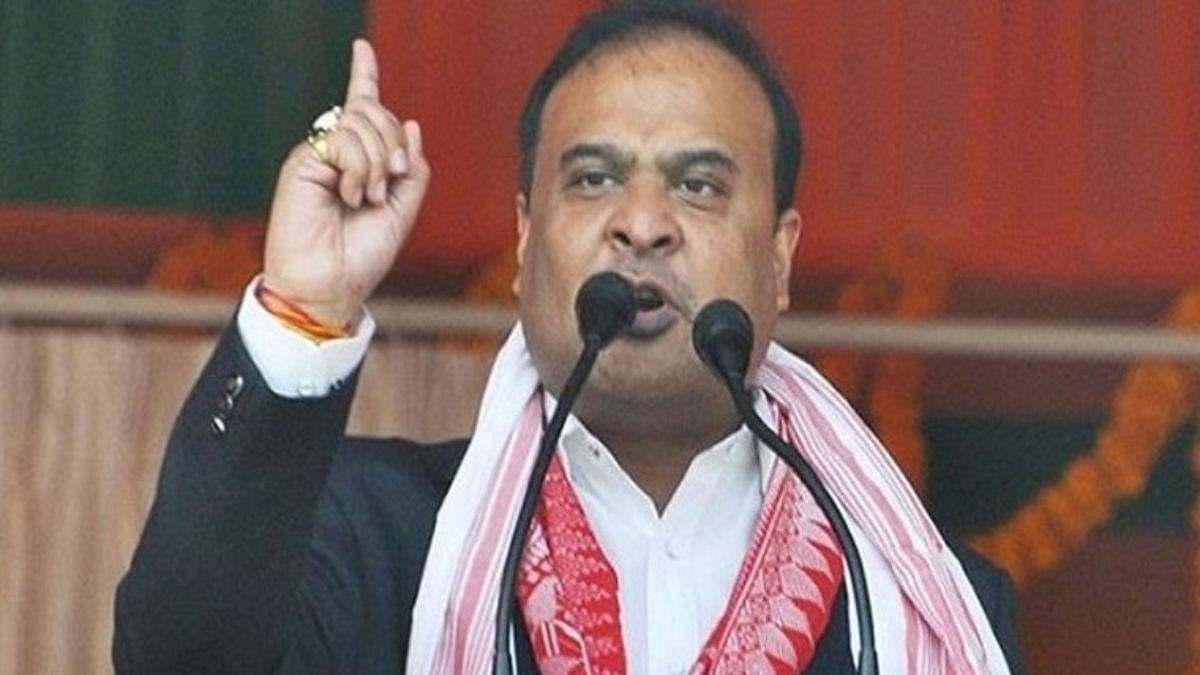In a recent statement that has generated controversy and sparked discussions, Assam Chief Minister Himanta Biswa Sarma stated that the Bharatiya Janata Party (BJP) does not need the votes of the ‘Miya’ people in the riverine sandbar areas for the next 10 years. This assertion has raised questions about the role of the Miya community in Assam politics and the significance of their votes. In this article, we will delve into the implications of Sarma’s statement and explore the complexities surrounding Miya votes in Assam.
The term ‘Miya’ is a slang used to refer to Bengali-speaking Muslims in Assam. The community has a distinct cultural and linguistic identity and has historically faced various challenges, including social marginalization and discrimination. The Miya people primarily inhabit the riverine sandbar areas of Assam and have a significant presence in the state’s political landscape.
Biswa’s Controversial Statement
Sarma’s statement that the BJP does not need the votes of the Miya people for the next 10 years has attracted criticism from various quarters. The Chief Minister justified his statement by highlighting the need for the Miya community to reform themselves by abandoning practices like child marriage. He emphasized that the BJP will prioritize public welfare and that the Miya people can still support the party by shouting slogans, even if they choose not to vote for them.
Sarma’s assertion raises questions about the role of the Miya community in shaping Assam’s political landscape. While some argue that this statement reflects a disregard for the democratic process, others contend that it highlights the BJP’s focus on social reform and development. It is crucial to analyze the potential implications of this statement on the Miya community’s political participation and the broader dynamics of Assam politics.
The Significance of Miya Votes
The Miya community’s votes have historically played a crucial role in determining electoral outcomes in certain areas of Assam. Their concentration in the riverine sandbar regions gives them significant voting power, making them an influential voting bloc. Political parties have recognized the importance of Miya votes and have made efforts to appeal to the community during election campaigns.
Miya Votes and Social Issues
Child marriage, a practice prevalent in some sections of the Miya community, has been a matter of concern. Sarma’s statement linking the need for the community to abandon child marriage to the BJP’s willingness to seek their votes raises questions about the party’s approach to social issues. It also highlights the complexities of addressing deep-rooted social practices within a political context.
The Miya community’s response to Sarma’s statement has been mixed. While some individuals and organizations have criticized the Chief Minister’s remarks as discriminatory, others have expressed support for his focus on social reform. It is essential to consider the diverse perspectives within the Miya community and their expectations from political parties.
The Role of Political Parties
Political parties in Assam, including the BJP, have a responsibility to engage with the concerns and aspirations of the Miya community. It is crucial for parties to go beyond electoral considerations and address the social, economic, and cultural challenges faced by the community. Building trust and inclusivity are essential for fostering meaningful political participation and representation.
The statement made by Assam Chief Minister Himanta Biswa Sarma regarding the BJP’s stance on Miya votes has sparked debates and raised important questions about the role of the Miya community in Assam politics. It is crucial to approach these discussions with nuance, considering the historical, social, and political contexts in which they arise. By fostering inclusivity and addressing social challenges, political parties can build a more democratic and equitable political landscape in Assam.



